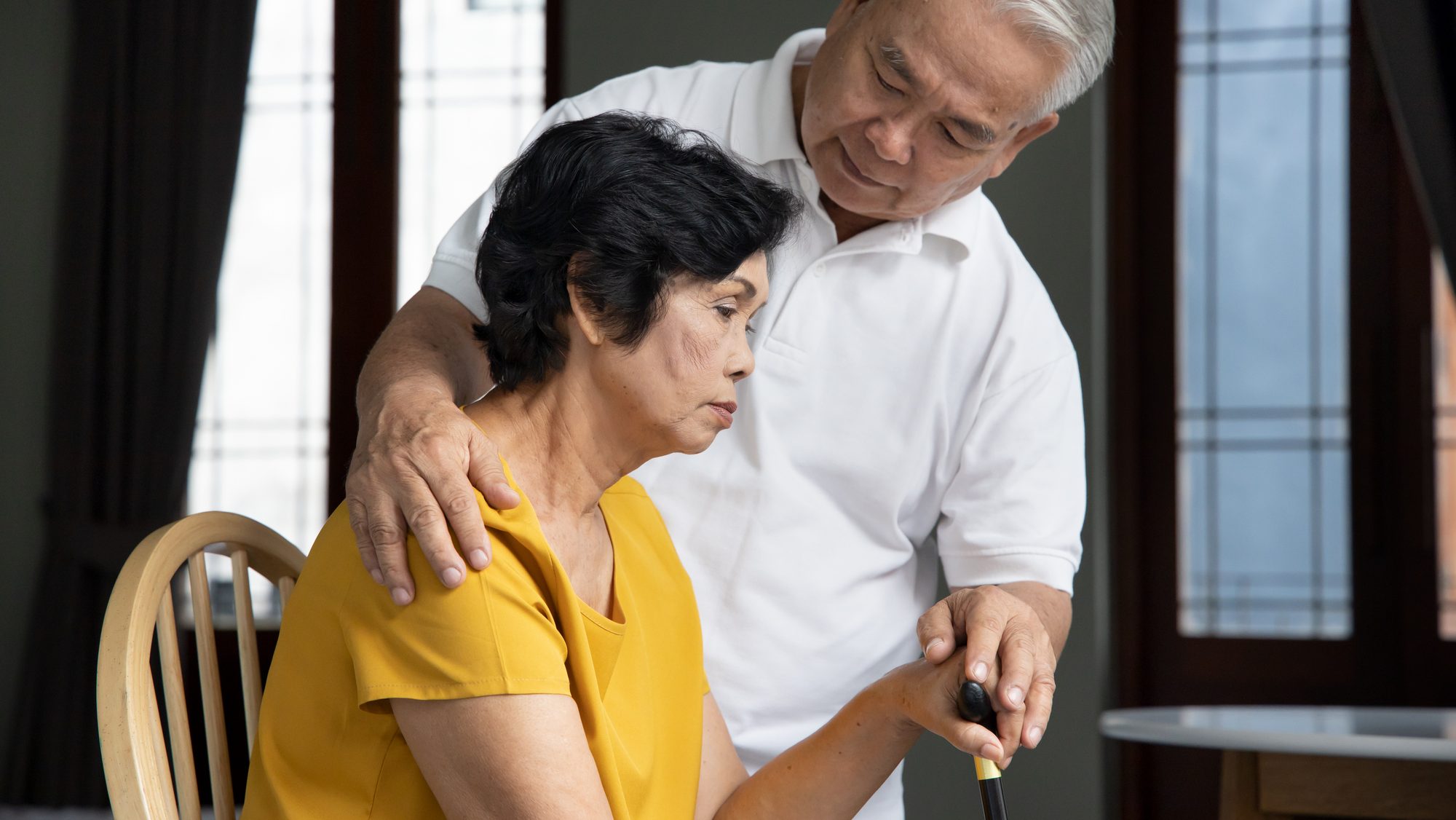SINGAPORE: A study conducted by Singapore Management University (SMU) has revealed that a vast majority of Singapore’s elderly population desires to age in the comfort of their own homes.
The study, carried out by SMU’s Centre for Happy Ageing, surveyed over 6,000 senior citizens, with 83% expressing reluctance to move out of their current homes as they grow older.
The findings highlight the strong preference among Singapore’s elderly to remain within familiar surroundings, underscoring the importance of home-based ageing solutions.
The study points to the critical role that age-friendly infrastructure and meaningful social interactions play in enhancing the well-being and happiness of older adults.
Although the survey showed that over 70% of elderly respondents believe age-friendly activity centres and care facilities are essential for their well-being, only half reported having access to such facilities near their homes.
This infrastructure gap has raised concerns about the accessibility of essential services that can support the physical and emotional needs of the elderly.
The research team also highlighted how Singaporeans’ concept of “home” has evolved, expanding beyond their Housing Development Board (HDB) flats to include the entire neighbourhood.
Shared spaces, such as parks, community centres, and recreational facilities, are increasingly seen as extensions of the elderly’s living environments.
As a result, how these public spaces are designed and utilized has become crucial for promoting active and healthy ageing.
With Singapore’s rapidly ageing population, initiatives that support “happy ageing” have gained increased attention.
Happy ageing refers to the process of ageing in a way that enhances life satisfaction, emotional well-being, and physical health through active engagement in society.
The SMU study emphasizes that social interactions and access to services are vital to this process.
Regular participation in community activities and opportunities for intergenerational interactions can combat loneliness and provide seniors with a sense of belonging.
This improves their mental health and fosters a more inclusive society where the elderly feel valued.
As more elderly Singaporeans express a desire to age in place, there is a growing need to ensure that they have access to the services and infrastructure necessary to support their independence.

